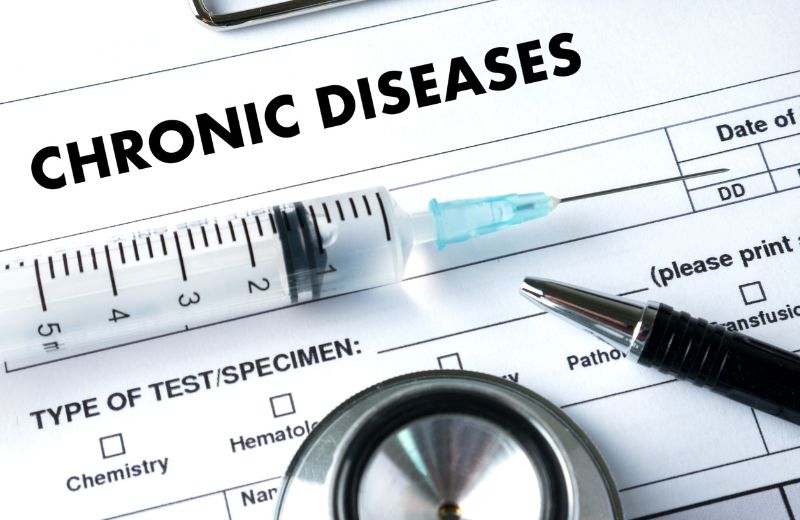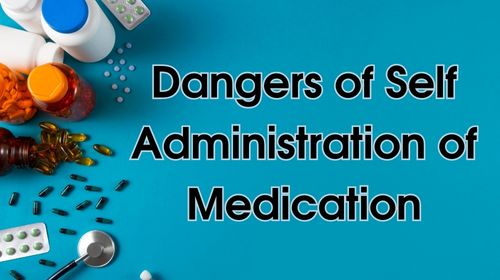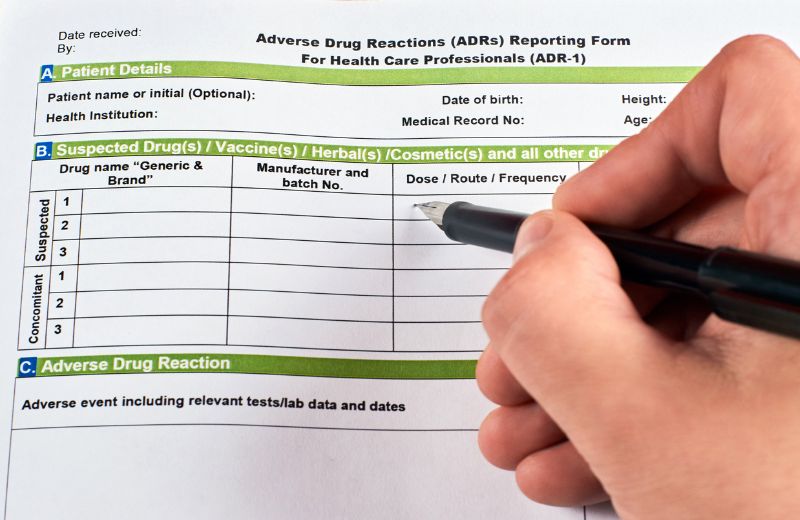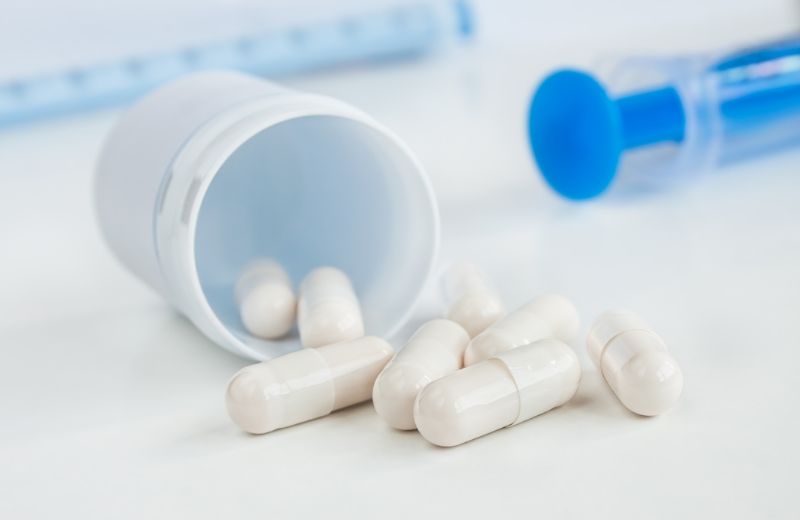In our fast-paced world, it’s not uncommon to encounter individuals who resort to self-administration of medication. While the convenience is certainly alluring, the potential hazards that come with it are far too great to ignore. This article aims to shed light on the risks associated with self-medication, its underlying logic, and the crucial times when professional help is a necessity.
Contents
What is Self Administration of Medication?
To understand the risks, it’s crucial to first define the concept. The self medicate meaning refers to the practice of people treating their symptoms or ailments without professional supervision. This could involve over-the-counter drugs, herbal remedies, or misused prescription medicines.
What is Self-Medication Logic?
People often resort to self-medication for instant relief or because they believe they can handle their ailments. However, the self medication logic can often be flawed and dangerous due to a lack of professional knowledge and experience.
Hidden Dangers of Self-Medication
Risk of Misdiagnosis
One of the most significant dangers of self-medication is the risk of misdiagnosis. This hazard arises when individuals without medical training attempt to diagnose their ailments based on their symptoms. It’s natural to want to find a quick solution, especially when discomfort is involved. However, treating a symptom without understanding its root cause can lead to a misdiagnosis.
Symptoms are often the body’s way of signalling an issue, but many conditions share common symptoms, making it easy to confuse one ailment with another. For instance, persistent headaches could signify something as simple as dehydration or something as severe as a brain tumour. Self-medication in such situations might provide temporary relief from the pain, but it does nothing to address the underlying issue.
Moreover, by treating only the symptoms, we allow the primary disease to progress unchecked. What might start as a manageable health condition could escalate into a difficult or even life-threatening situation due to delayed or inappropriate treatment?
Adverse Drug Reactions
The self-administration of medication brings with it a considerable risk of adverse drug reactions or interactions, particularly when several drugs are involved. Without professional medical guidance, individuals might unintentionally combine medications that should not be taken together, leading to harmful effects.
It refers to any unwanted or extremely harmful reaction which results from consuming a drug. It can also happen as a result of taking multiple drugs. It can range from mild side effects, such as nausea or skin rashes, to severe health complications like organ damage, which can sometimes be life-threatening.
Furthermore, certain medications can interact negatively with each other when taken together, leading to what is known as drug-drug interactions. These interactions can alter the way the drugs work, potentially reducing their effectiveness or intensifying their side effects.
Risk of Dependency
The risk of dependency is a notable concern in the self-administration of medication, especially when it involves prescription drugs. Dependency refers to a physical or psychological need to use a substance, often linked to its mood-altering effects. Prescription drugs, especially those with psychoactive properties, can lead to a strong dependence over time if used irresponsibly.
This dependency can manifest as withdrawal symptoms when the drug use is ceased or reduced, creating an extremely dangerous cycle that can be difficult to break without professional help. It’s crucial to remember that misuse of medication not only endangers physical health but also poses substantial threats to mental well-being and quality of life.
How to Stop Self Medicating Individuals?
Acknowledge the Dangers
The first step in breaking the cycle of self-medication is to recognize and acknowledge its inherent dangers. Ignorance may provide temporary comfort, but it leaves you vulnerable to risks such as misdiagnosis, adverse drug reactions, and dependency. Understand that every medication, even those available over the counter, has potential side effects and should be used responsibly. This understanding forms the foundation for safer, more informed decisions regarding your health.
Educate Yourself
Once the dangers are acknowledged, education becomes crucial. Understanding the proper use of over-the-counter medicines is vital. This includes reading labels thoroughly, respecting dosage instructions, and being aware of potential side effects. Additionally, familiarize yourself with the active ingredients to avoid accidental overdose from multiple sources and know the potential interactions with other drugs or food.
Consult Healthcare Professionals
Consulting healthcare professionals is an essential step in safe medication practices. No symptom is too small or irrelevant to be discussed with your healthcare provider. They can guide you with accurate diagnoses and appropriate treatments. Their expertise can help prevent complications arising from self-medication. In the case of persistent or severe symptoms, try to seek professional medical advice as soon as possible.
Resist Sharing Prescription Medications
Resist the temptation to share prescription medications. What works for one person may not work for another and could potentially cause harm. Prescription drugs are tailored to an individual’s specific health condition, symptoms, and overall health status. Using someone else’s prescription medication can lead to unintended adverse reactions, ineffective treatment, and even a risk of dependency. Always remember that responsible medication use is a personal commitment, and it should never involve sharing prescribed drugs.
When to Seek Professional Help
Given the dangers of self-medicating, it’s crucial to know when to step back and seek professional help. Here are some signs that indicate it’s time to consult a healthcare provider:
Persistent Symptoms
If you find yourself grappling with persistent symptoms that continue to persist despite your earnest attempts at self-treatment, it serves as an unmistakable indication that seeking professional assistance is imperative. Prolonged or worsening symptoms can be a cause for concern, suggesting an underlying condition that requires expert evaluation and guidance.
Recognizing the limitations of self-treatment and acknowledging the need for professional intervention is crucial for your well-being. By promptly reaching out to healthcare professionals, you can access their expertise, undergo thorough evaluations, and receive appropriate treatments tailored to your specific needs, ensuring a higher likelihood of effectively addressing your health concerns.
Worsening Symptoms
 If you notice a deterioration in your condition following self-medication, it is of utmost importance to promptly seek professional help without delay. The exacerbation of symptoms may signify a grave underlying problem or a negative reaction to the medication you have been using. Recognizing the potential risks and taking swift action to consult with healthcare experts is essential for your well-being.
If you notice a deterioration in your condition following self-medication, it is of utmost importance to promptly seek professional help without delay. The exacerbation of symptoms may signify a grave underlying problem or a negative reaction to the medication you have been using. Recognizing the potential risks and taking swift action to consult with healthcare experts is essential for your well-being.
By reaching out to professionals, you can receive a comprehensive evaluation of your worsening symptoms, obtain an accurate diagnosis, and access appropriate treatments. Prioritizing your health and seeking timely assistance can prevent further harm and enable the best possible care for your specific condition.
Severe Symptoms
When confronted with severe symptoms such as intense pain, breathing difficulties, sudden vision changes, or any other alarming manifestations, it is imperative to seek immediate professional attention. These severe symptoms could indicate a critical underlying condition that requires urgent medical intervention.
Recognizing the gravity of such signs and promptly reaching out to healthcare professionals can be crucial in averting potentially life-threatening situations. By seeking professional help without delay, you can ensure that your condition is thoroughly evaluated and appropriate interventions are administered promptly. Swift action in the face of severe symptoms is vital for safeguarding your health and securing timely medical care.
Chronic Diseases
If you are living with a chronic disease such as diabetes, hypertension, or a heart condition, it is crucial to recognize the potential hazards of self-medication.
 Engaging in self-treatment without professional guidance can pose significant risks to your health. It is vital to always consult your healthcare provider before making any adjustments to your medication regimen. Their expertise and knowledge of your specific condition will ensure that any modifications to your medications are safe and appropriate.
Engaging in self-treatment without professional guidance can pose significant risks to your health. It is vital to always consult your healthcare provider before making any adjustments to your medication regimen. Their expertise and knowledge of your specific condition will ensure that any modifications to your medications are safe and appropriate.
By seeking their guidance, you can receive personalized advice, proper dosing instructions, and necessary monitoring to effectively manage your chronic disease and minimize potential complications. Prioritizing professional medical guidance is paramount for optimal management of chronic conditions and overall well-being.
Mental Health Concerns
Managing mental health concerns requires a nuanced and comprehensive approach. Attempting to address these disorders through self-medication can have detrimental effects, including the exacerbation of symptoms and the emergence of additional complications. Recognizing the complexity of mental health disorders is essential, and seeking professional help is crucial for proper diagnosis and tailored treatment plans.
Mental health professionals possess the expertise to assess your condition accurately and provide evidence-based interventions, such as therapy and medication, if necessary. Relying on their guidance ensures a holistic approach to mental well-being, promoting effective symptom management and improved overall quality of life. It is essential to prioritize professional support when dealing with mental health concerns to safeguard your mental and emotional well-being.
Conclusion
Self-administration of medication carries significant dangers, including misdiagnosis, adverse reactions, and the risk of dependency. Acknowledge the limitations of self-medication and seek professional guidance. Timely recognition of persistent, worsening, or severe symptoms is crucial. Consult healthcare professionals for accurate diagnoses, appropriate treatments, and improved outcomes. Prioritize professional help in managing chronic diseases and mental health concerns. Responsible and informed healthcare decisions are essential for safeguarding well-being.








